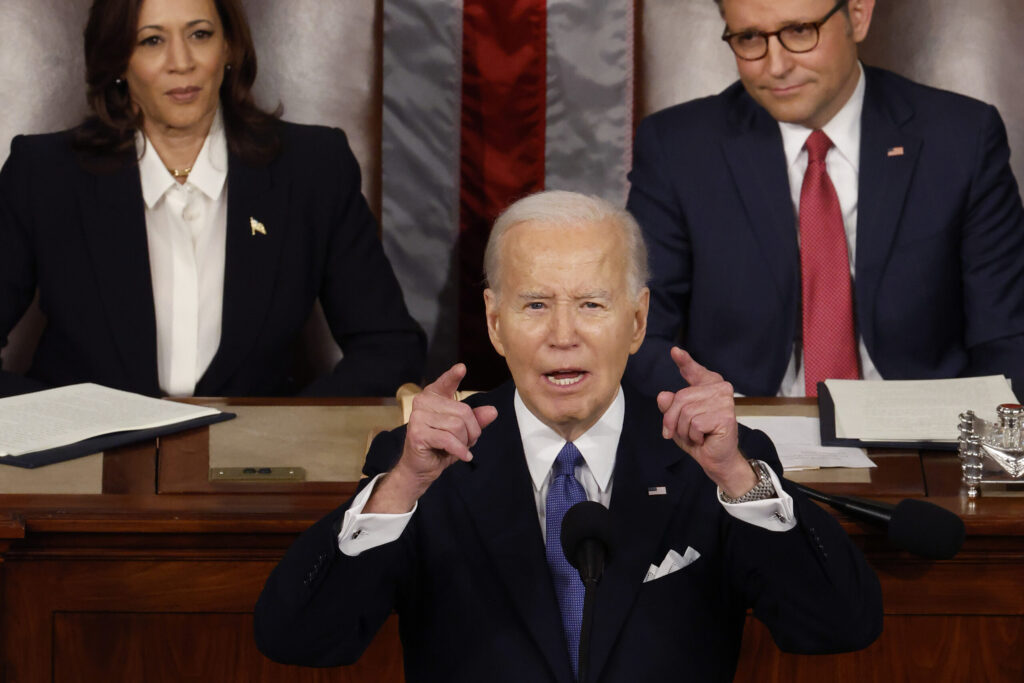White House Rolls Out Additional Permitting Requirements
The White House Council on Environmental Quality (CEQ) has released further National Environmental Policy Act (NEPA) permitting requirements that will constrain our country’s ability to permit and build energy and infrastructure projects. Ironically, the White House called the move an “effort to improve the efficiency and effectiveness of federal permitting processes,” when in reality, the provisions favor green energy technologies over traditional fuel projects.
The new rules released allow renewable projects to receive an expedited environmental review or bypass the reviews all together, while critical oil and gas projects, such as pipelines, are subject to much stronger requirements. It is hypocritical to pick winners and losers in our energy economy at a time when electricity demand is forecasted to skyrocket over the next half-decade.
The U.S. should be doing all it can to facilitate the construction and build out of all types of energy projects, not just the select few that President Biden campaigned upon. An all-of-the-above approach to energy security is paramount—favoring solar projects over tried-and-true natural gas plants, for example, creates an imbalance and could threaten long-term reliability in areas across the U.S. The reversal of some provisions in the 2020 NEPA rule will actually increase red tape and review timelines, as the Biden administration makes it easier for spurious public comments to be filed and considered, as opposed to narrowing the comments’ scope.
In response to the announcement, Senator Kevin Cramer (R-ND) stated, “Liberals have realized a transmission line or offshore wind platform is just as hard to permit as a pipeline, mine, or highway. Rather than making it easier for all these projects, they have chosen to pick winners and losers.” Ensuring safe and efficient construction of infrastructure projects is vitally important—and that applies to all types of energy.


